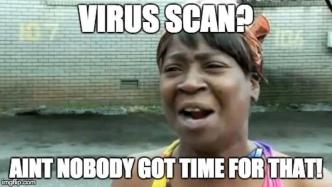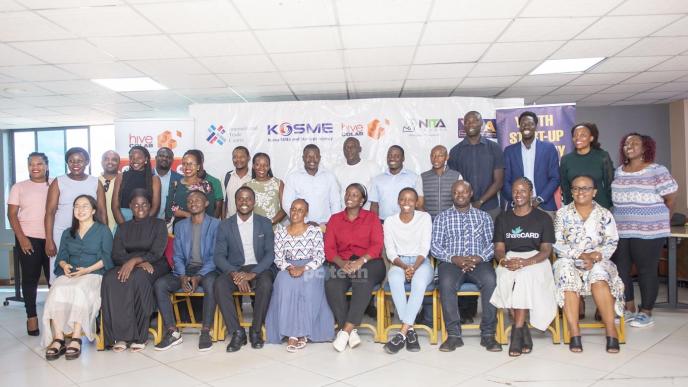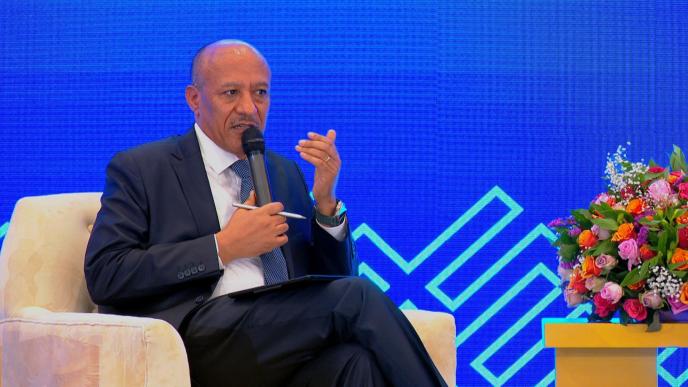As a professional in the creative industry, I naturally delve into the nuances of my surroundings, especially with the rapid expansion of the internet. For instance, internet memes deserve a closer examination to understand how they function and influence our culture.
Firstly, let’s understand what memes are. According to communication scholar Grant Kien, a meme is content that goes viral through social media, often combining humor and visual elements to convey a message. But memes are more than just funny images or videos – they can also perpetuate harmful stereotypes and reinforce damaging gender dynamics.
Memes have emerged as an essential medium of communication, entertainment, and social commentary. These humorous, relatable, and often provocative snippets of digital content have become an integral part of our online lives. However, as memes continue to thrive and influence our attitudes and behaviors, it’s essential to examine their power and impact and consider whether we should embrace them as a means of communication.

After a brief interaction with a few individuals known as ‘MEME LORDS’ —people who frequently share memes online—I realized that many do not consider the potential offensiveness of the memes they post. As long as they find something amusing, they share it on their social media platforms to garner likes and engagement, often disregarding the possibility of offending their audience.
On one hand, memes offer a unique platform for humor, creativity, and social critique. They can distill complex issues into bite-sized, easily digestible pieces, making them an effective tool for raising awareness and sparking conversations. Memes can also serve as a stress-relief mechanism, providing a much-needed comedic break from the chaos of our digital lives. Moreover, they have democratized creativity, allowing anyone with an internet connection to create and share content that can potentially reach a global audience.
On the other hand, they can perpetuate harmful stereotypes, reinforce damaging gender dynamics, and contribute to the normalization of sexist and misogynistic attitudes. They can be used to ridicule and shame, rather than educate and empower. The anonymity of the internet and the fleeting nature of memes can make it difficult to hold creators accountable for their content, allowing harmful ideas to spread unchecked.
Furthermore, the rapid dissemination of memes can have unintended consequences. A meme that starts as a harmless joke can quickly evolve into a harmful trope, perpetuating damaging attitudes and behaviors. The internet’s echo chambers can amplify memes, making them seem more widespread and accepted than they are. This can create a false sense of consensus, leading people to adopt harmful beliefs and behaviors without critically evaluating their impact.
One example that comes to mind is the ‘exhibitions’ on social media platforms. Many individuals share photos, some factual and others fabricated, in meme form to highlight the poor conditions of facilities like roads and hospitals. Despite the unconventional means of communication, these memes effectively draw the necessary attention to these issues, warranting the desired actions.
So, should we embrace memes as a means of communication? The answer is a resounding “yes,” but with caution. We must acknowledge the power and influence of memes, and strive to use them responsibly. We need to be mindful of the potential harm that memes can cause, and take steps to mitigate their negative impact. This requires a critical eye, a willingness to listen to marginalized voices, and a commitment to creating inclusive and respectful online communities.
Also read:
As internet users, we are responsible for using memes to promote positivity, inclusivity, and social change. We must recognize the power dynamics at play and strive to create content that empowers, rather than harms. By embracing memes in a thoughtful and considerate way, we can harness their power to promote humor, education, and social awareness, while also fostering a more inclusive and respectful online culture.
Ultimately, internet memes are a double-edged sword, offering both the potential for humor and creativity and the risk of perpetuating harmful attitudes and behaviors. By acknowledging their power and influence, and striving to use them responsibly, we can leverage the positive potential of memes to create a more inclusive and respectful online community. Let’s embrace memes but with a critical eye and a commitment to building a better digital world.
ALSO READ: OP-ED: SUBMARINE CABLES AND THE EAST AFRICAN INTERNET — WHAT’S THE STORY?












